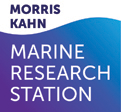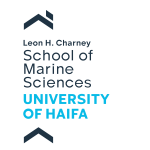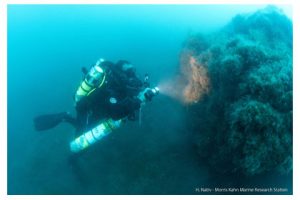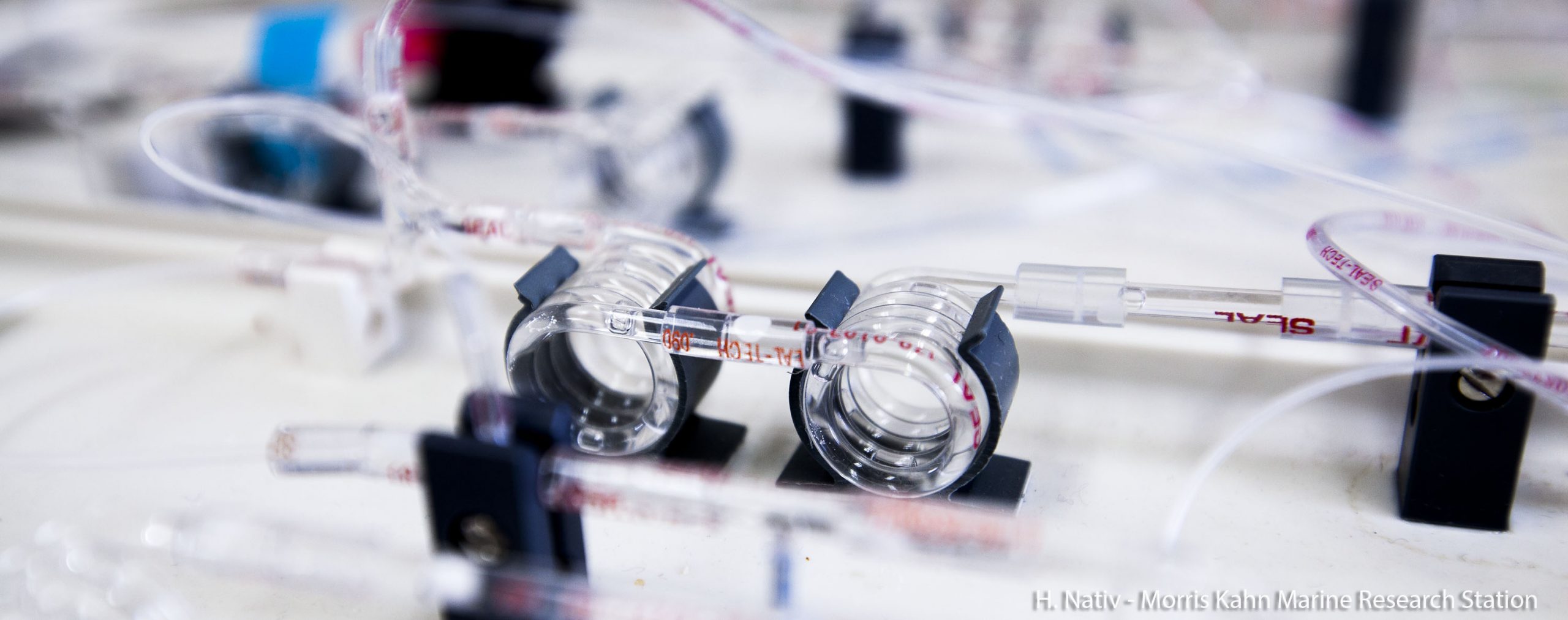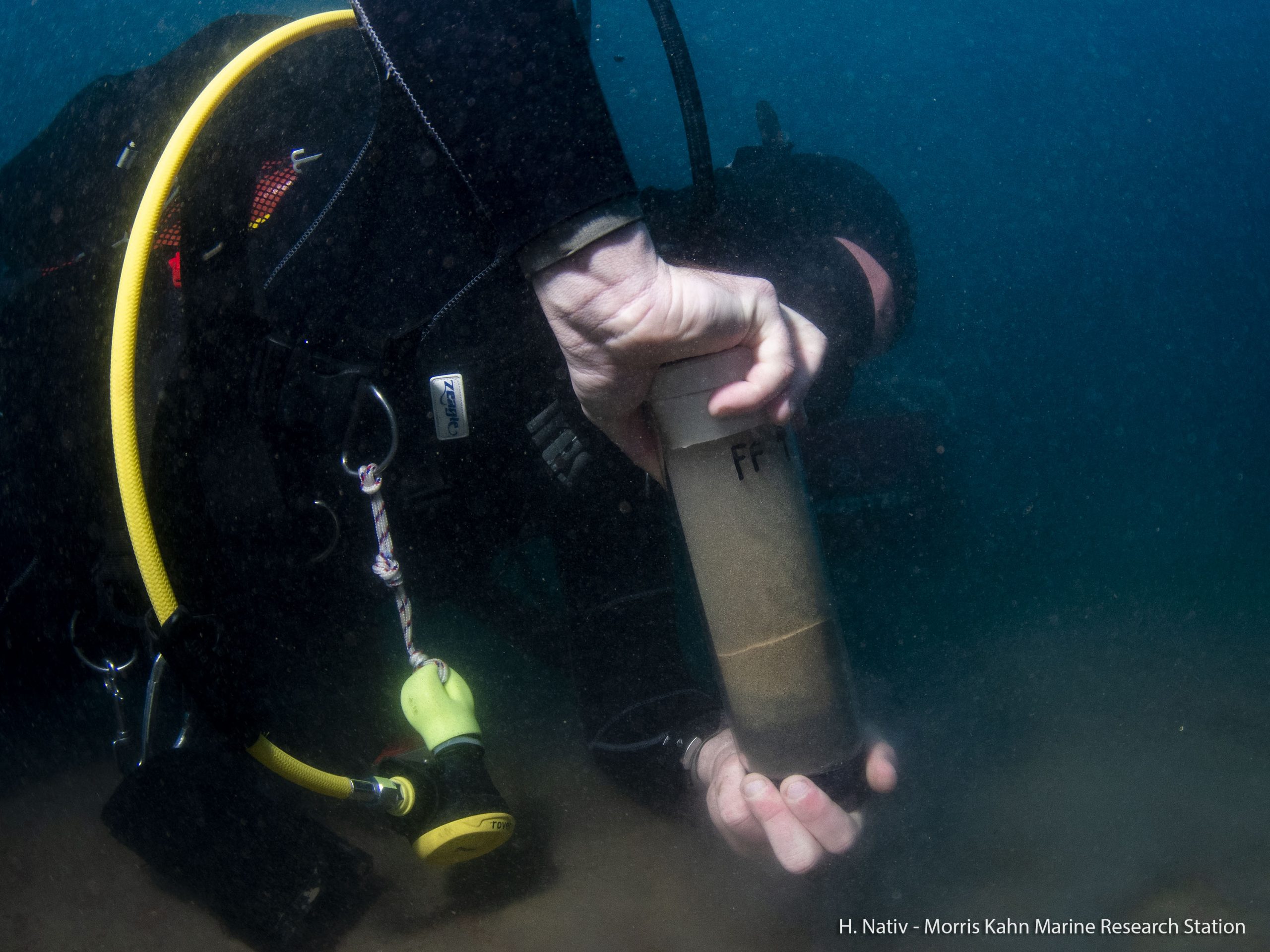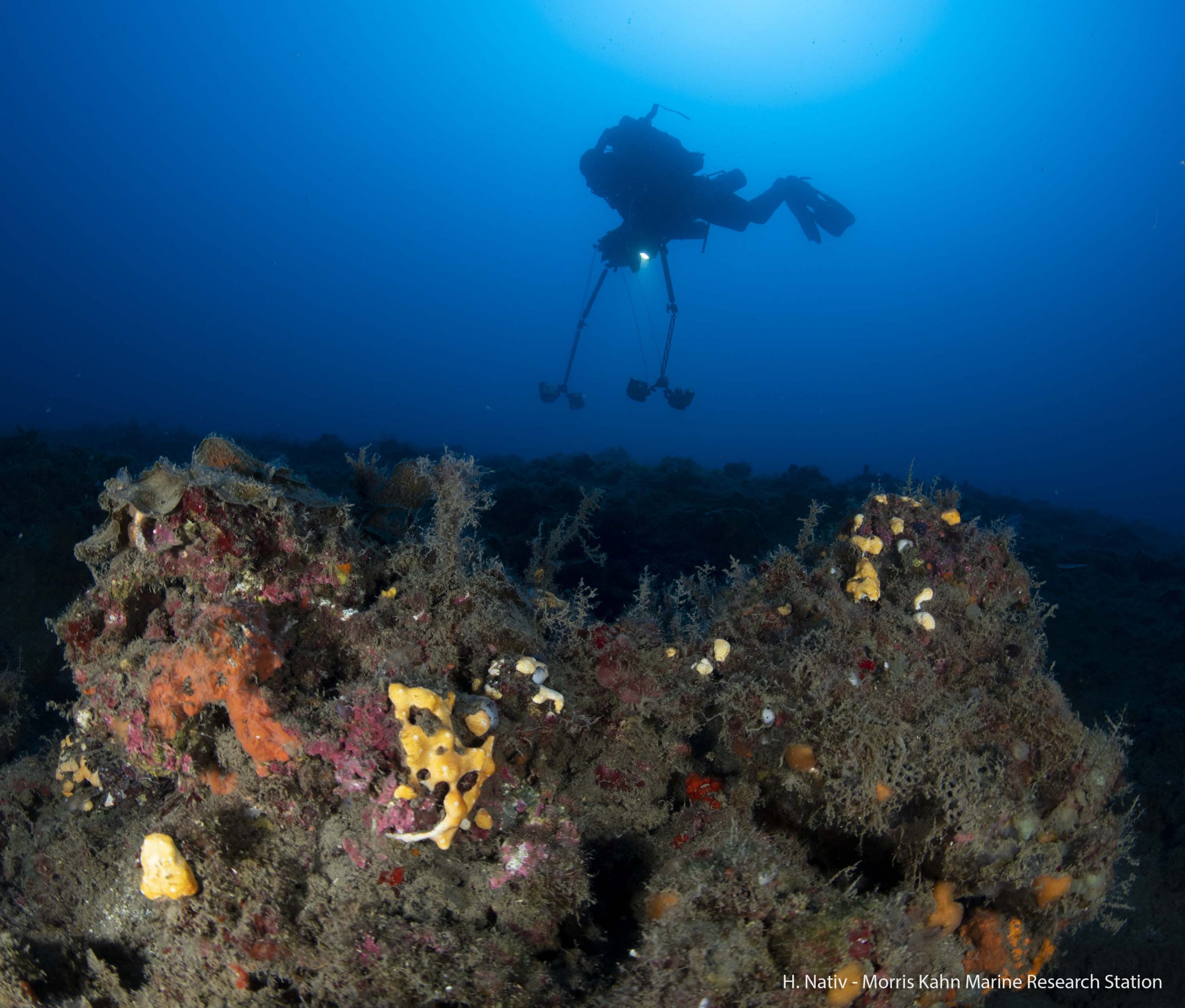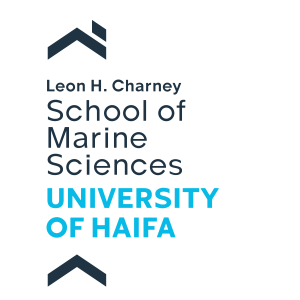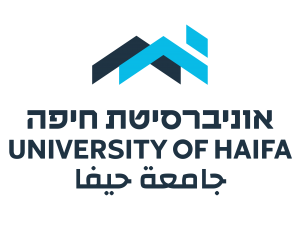Congratulations to Prof. Muki Shpigel for being selected to chair a COST Action from this year until 2025!
Congratulations to Prof. Muki Shpigel for being selected to chair a COST Action from this year until 2025! The European Cooperation in Science and Technology (COST) organization runs an EU-funded program that enables scientists and innovators to link research initiatives, share innovative ideas across multiple science and technology fields and at the same time address social challenges across Europe and beyond. Prof. Shpigel, together with Dr. Leigh Livne and Dr. Amir Neori,…
